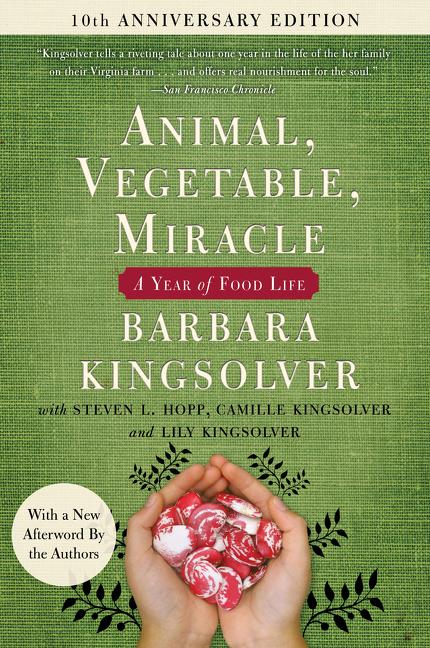

But in this book, Kingsolver’s politics are so intrusive and simplistic and contradictory that I can’t abide. I usually refrain from allowing political views to color my opinion about a work of art. Animal, Vegetable, Miracle follows a year in the life of Pulitzer Prize-nominated author of The Poisonwood Bible and The Lacuna, Barbara Kingsolver. And Kingsolver’s essential hypocrisy of celebrating the proletariat railroad workers in the town of Grace, while ignoring the fact that railroads are perhaps civilization’s most obvious metallic invention, that the railroads would never exist without the mines she despises. The predictable and comforting fiction about evil mining companies destroying ancient autochthonous communities (a fiction, by the way, that has never happened anywhere in Arizona). The Sean-Penn-like Sandinista sycophancy, as if news stopped in 1985, as if by burning a little sandalwood you can ignore the fact that Daniel Ortega is currently gunning down protestors in the streets of Granada.


All the clichés are there the Warrenesque yearning for some kind of non-Caucasian ancestry, preferably native American but any other will do. Change Is Possible Kingsolver asserts that small alterations in daily habits can result in big changes locally, nationally, and globally. This establishes a double narrative voice, which switches between dreams and memories of the past and events of the present. This novel reads like an unwitting satire of a solipsistic, aging, white yuppie chick. Kingsolver posits that cultural habits can be unlearned and replaced with responsible stewardship. Barbara Kingsolver and Animal Dreams Background Summary Full Book Summary Animal Dreams opens with a brief chapter narrated in the third person, from the point of view of Doc Homer.


 0 kommentar(er)
0 kommentar(er)
